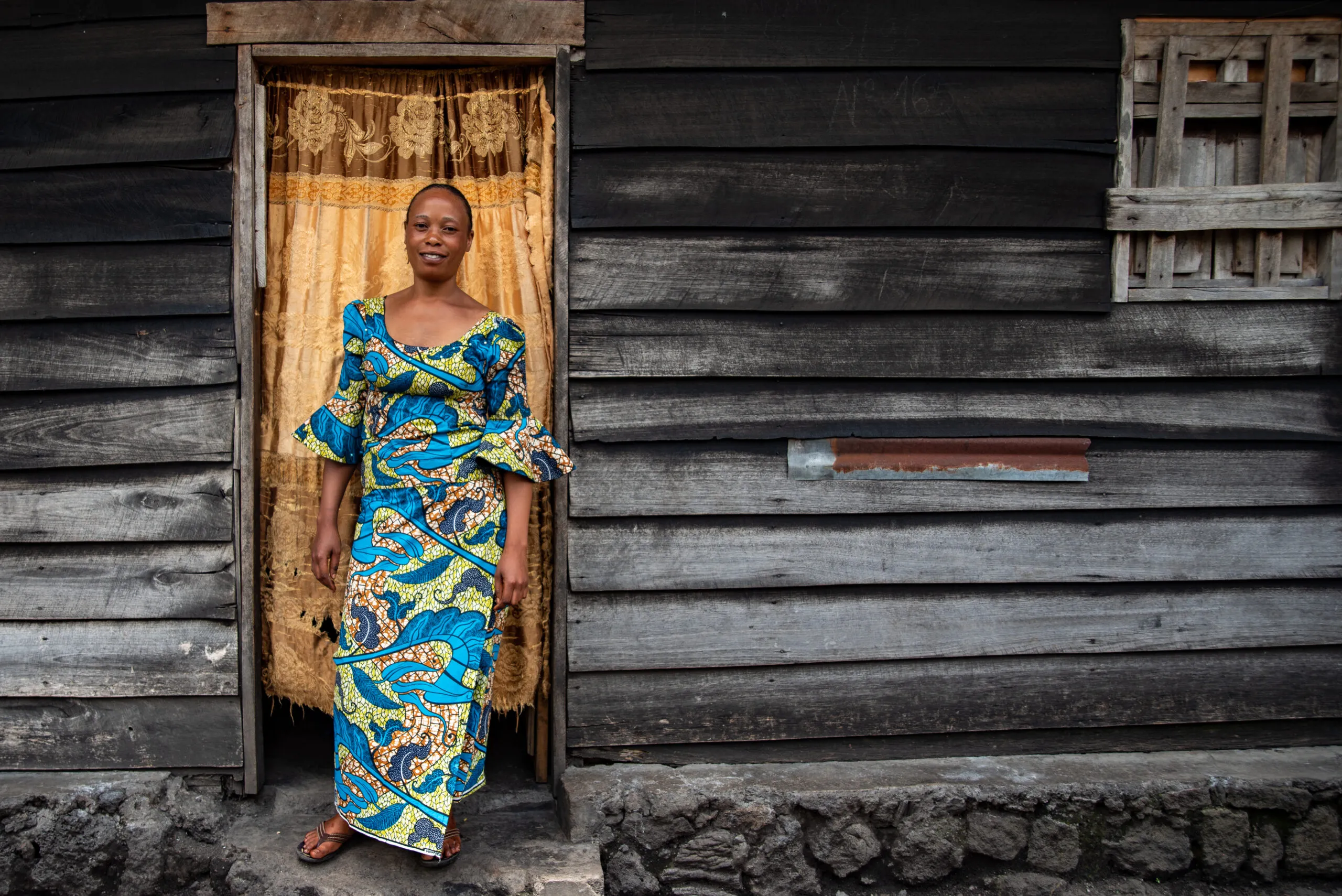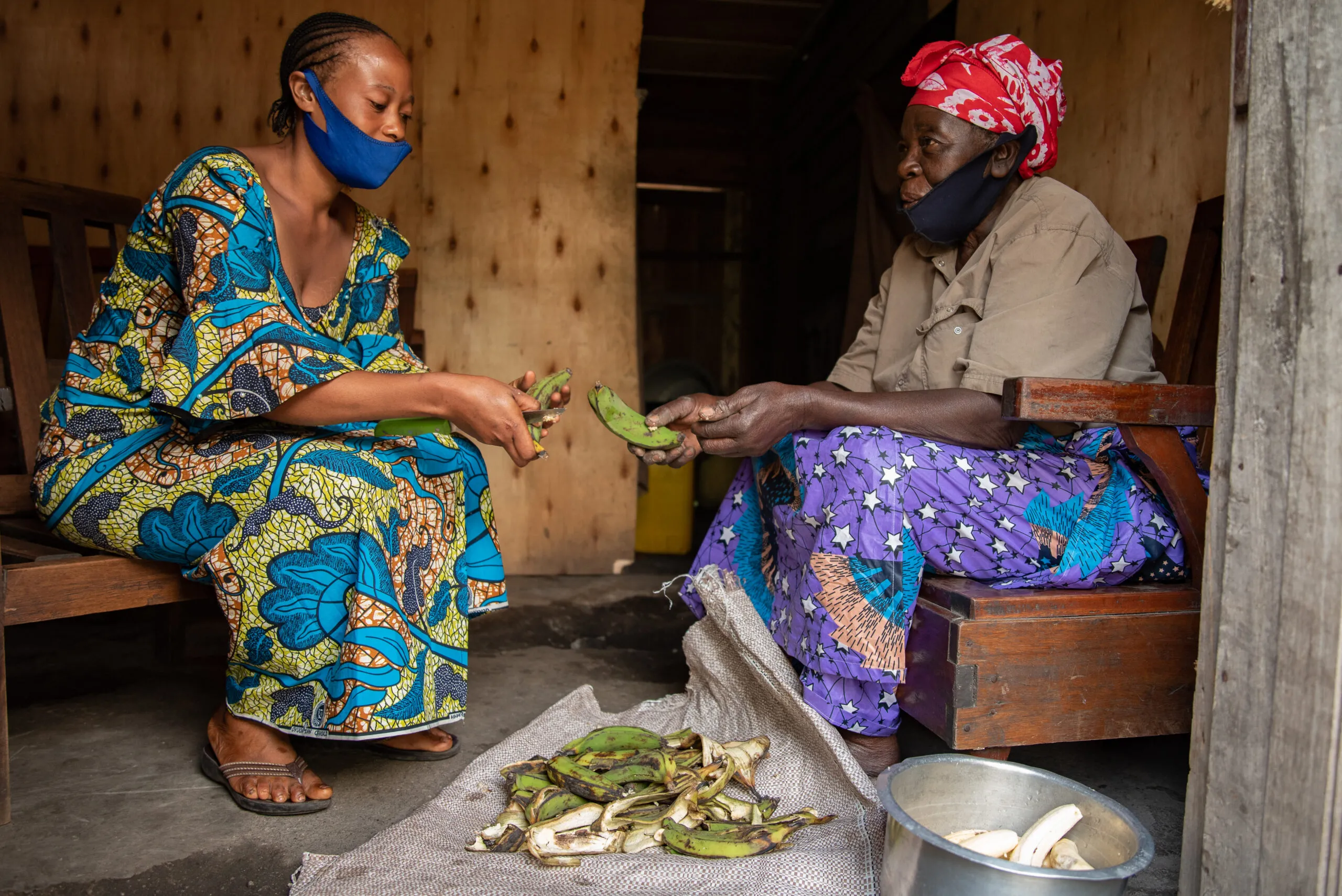Several tribes and communities in Democratic Republic of Congo (DRC) still believe administrative leadership roles are the preserve of men. There are heated debates and arguments that power and leadership should be passed from father to son. And as a result, many do not believe women can lead.
This is where Heveline Mapfumo comes in. This 25-year-old mother became a refugee in her own country simply for asserting her rights. After fleeing Masisi, the village of her birth, she found sanctuary 50 miles away, moving to Ndosho District, Goma, to her grandmother’s wooden, iron-roofed house.
Following the death of her father – the Mwami (chief) – several years ago, the council of elders appointed Heveline to be the chief. Since she was underage, her uncle was installed as the custodian and was required to surrender the position to Evaline when she was old enough. But this was not to be.
“When I became 18 years old, I was happy because I could now take up the role my father and the chiefs had left to me,” Heveline recalled. “At that point, my uncle refused to hand over the leadership role bestowed upon me. When I started actively pursuing it, my life was threatened. Fearing that I would be killed, in September 2020, I abandoned my studies and fled from home with my children to come here and stay with my grandmother.”
It is this line of thinking that caused the dispute between Heveline and her uncle despite the wishes of her father and the appointment of the council of elders. “In my village and territory, women are not allowed to say anything in front of men let alone hold positions of authority,” she added.


